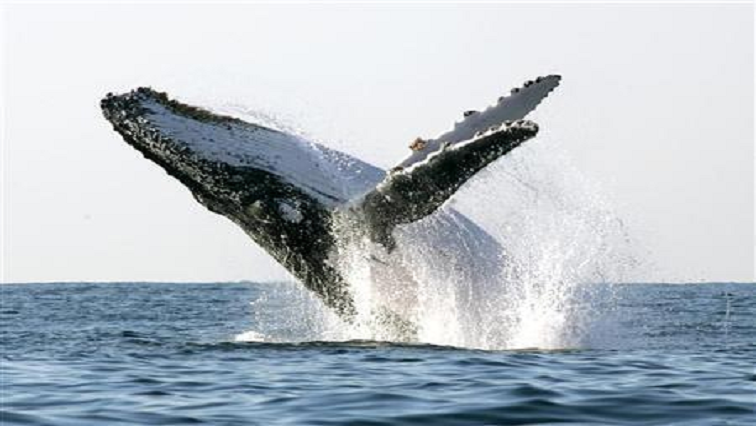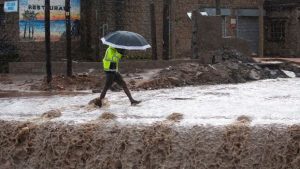Conservation authorities are celebrating the Bluff in Durban’s newly acquired “Whale Heritage Site” status, saying it will allow for greater integration between science, tourism and whale conservation. It takes the conservation honour from the World Cetacean Alliance alongside only one other city in the world, Hervey Bay in Australia.
Chairperson of community tourism organisation, the Soul of South Durban Community Tourism Association, Helga Du Preez says Durban has a different whale experience to offer from the one in Hermanus.
“Durban’s never been a whale destination before. We do have different a whale species that comes past Durban than in Hermanus. They’ve got the southern right whale and we’ve got the humpback whale. The kind of whale experience that we have to offer is quite different from the one in Hermanus. They need the warmer waters to mate and to calf that’s why they coming up to the warmer waters. Some of them calf right here in front of the Bluff. They even go further than Mozambique and that’s where they gather.”
Rachel Kramer from the non-profit environmental group The Wildlands Trust says whale numbers have increased steadily since South Africa banned whaling in 1979.
“It was estimated that in the late 1970s when whaling ended, there was as little as 300 individuals of the sub-population that migrated past the coast. Since then, we’ve just finished the last survey through a number of different organisations; they’re able to estimate that there’s anything between 10 000 to 20 000 or even more coming past the coastline every year.”
Whaling refers to the hunting of whales for their oil, meat, or whalebone.






